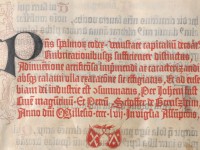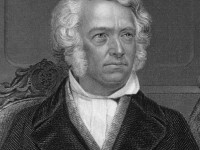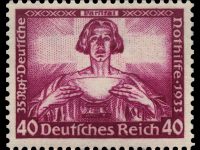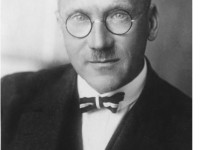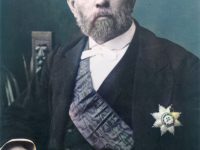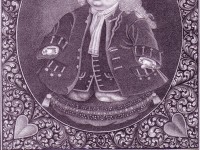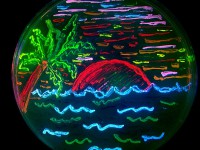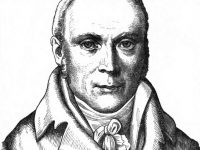The Mainz Psalter and Major Innovations in Printing
On August 14, 1457, the Mainz Psalter, the second major book printed with movable type in the West, was published according to its colophon, which was the very first to contain a date. Also it was the first important publication issued by Johann Fust and Peter Schoeffer following their split from Johannes Gutenberg. The Case against Gutenberg Johann Fust and Peter Schoeffer famously carried on a partnership after Fust sued and won a case…
Read more

